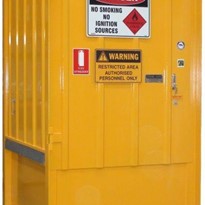Smart and Easy Pickings
With the help of sensors, managers can get insights into which bins are full on pick-up day and which are not. With this information, they can easily identify which bins are to be picked up before pick-up days and which ones less often. This can help in preventing unnecessary trips and solve cleanliness issues.
Better Understanding of Patterns or Trends
Almost every property delivers different amounts and types of waste. A restaurant holder might require more repeated collection than an office tenant. Similarly, in certain places bins can fill up on Friday and often remain empty from Monday-Thursday. These trends and patterns can be easily detected with the help of sensors and will help the manager to properly forecast and execute waste pickups when new tenants move in.
Accurate Sustainability Reports
With smart waste methods, you can drive accurate reporting and charge tenants by a verified amount rather than working on estimates or inaccurate volumes. It will also facilitate reduced congestion, traffic and wear and tear of parking lots due to excess waste pickup trips.
Aids Trouble-shooting and Data Analysis
Even the simplest smart bins have the tendency to generate large amounts of data. This can get confusing and overwhelming for property managers who analyse and manage it. Therefore, professional IoT service providers can help managers with troubleshooting and data analysis so that they can make better decisions.


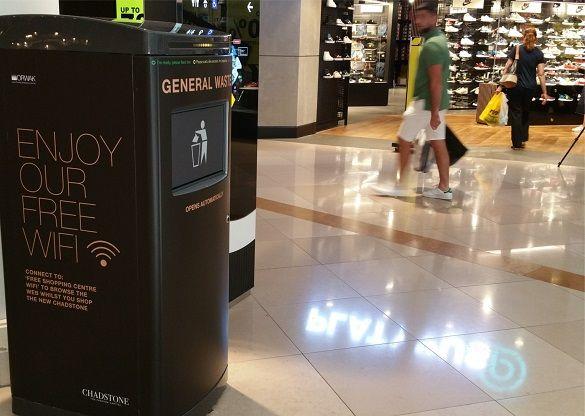
-160x160-state_article-rel-cat.png)


-160x160-state_article-rel-cat.png)





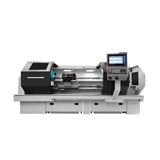


-160x160-state_article-rel-cat.png)


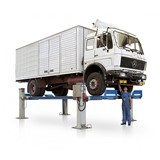
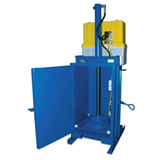









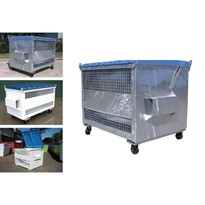
-205x205.jpg)

